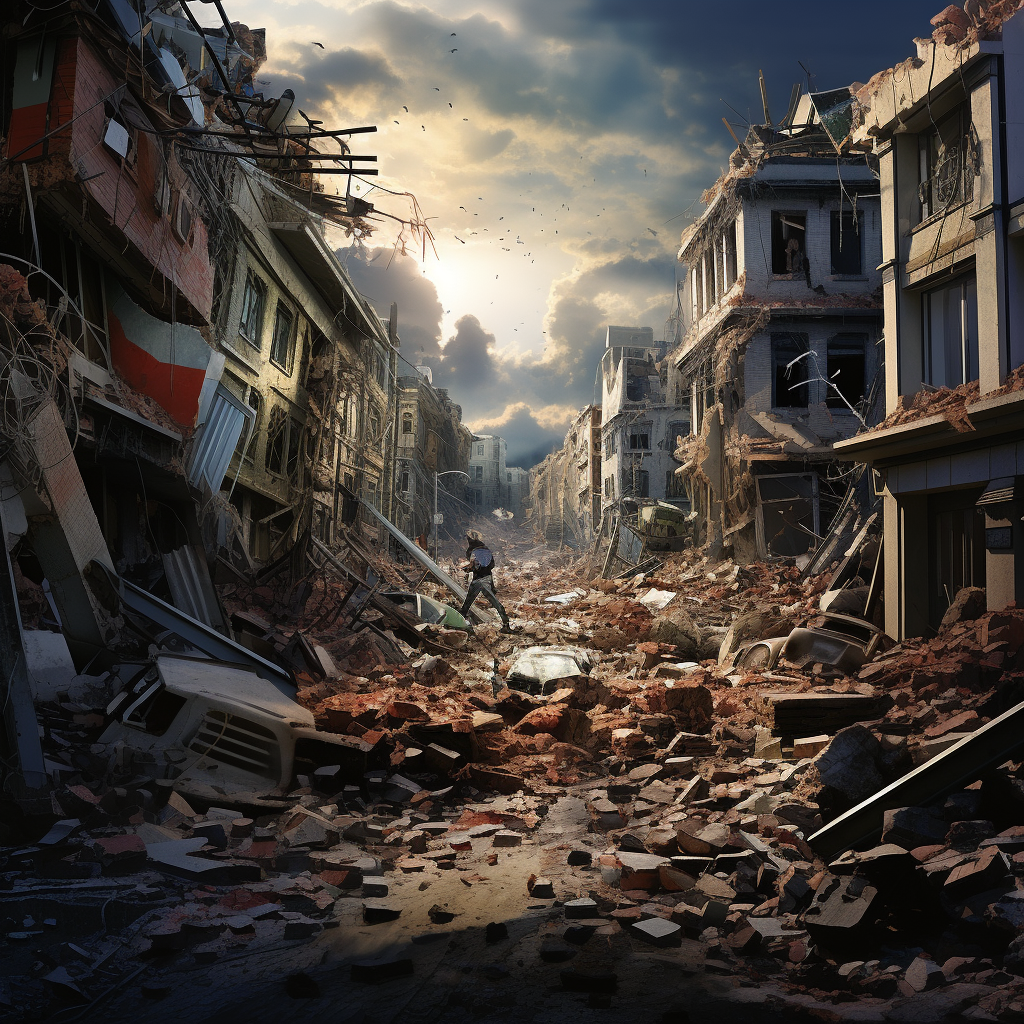
Afghanistan: The Courageous Commitment of the Rescue Teams
The Crucial Response of Rescue Units in Western Afghanistan in the Face of the Earthquake Emergency
The province of Herat, located in the west of Afghanistan, was recently shaken by a powerful 6.3 magnitude earthquake. This tremor is part of a seismic swarm that began its destructive cycle just over a week ago, causing the loss of entire villages and resulting in the deaths of over a thousand people. The most recent quake has further increased the death toll, with one confirmed death and around 150 injured. However, the number could rise considering that many affected areas have not yet been reached by rescuers.
The indispensable role of rescue teams
In natural disaster contexts such as earthquakes, rescue teams play a crucial role, often working in extremely dangerous conditions to save lives. These teams, made up of professionals and volunteers, rush to affected areas as soon as possible, putting aside their own fears to offer help to those in danger.
The challenges in Afghanistan
Afghanistan, with its mountainous terrain and often poor infrastructure, presents unique challenges for rescue teams. Roads can be blocked by landslides or become impassable, making access to the most affected areas difficult. Despite this, the determination and self-sacrifice of the Afghan rescue teams is admirable. They do their best to reach anyone in danger, searching through the rubble, providing medical care and distributing essential goods such as food and water.
The importance of preparation and training
The responsiveness and effectiveness of rescue teams are the result of thorough training and preparation. These rescuers are trained to handle emergency situations and to deal with the many challenges that arise in post-earthquake situations, such as rescue from rubble, trauma management and the logistics of providing aid in remote areas.
A call for international solidarity
As Afghanistan recovers from these devastating tremors, it is essential that the international community mobilises to offer support. Local relief teams are doing all they can, but outside help, both in terms of resources and expertise, can make a significant difference in reducing further suffering. These tragic events underline the importance of rescue teams and the vital difference they can make. While we pay tribute to the brave men and women on the front lines, it is our duty as a global community to ensure that they have all the resources they need to do their valuable work.


